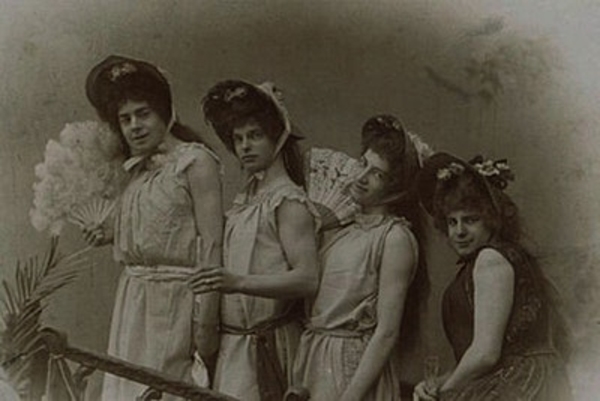Price:
7938 EUR
Contact
University of Glasgow
Description
Study historical perspectives on contemporary issues of sex and gender
This course offers you the chance to explore vital historical perspectives on key contemporary issues surrounding sexuality and gender, including the #MeToo movement, campaigns for gay and trans rights, equal pay, and reproductive justice.
Track the history of the #MeToo movement
Whether you’re a curious citizen keen to learn more or you have a vocational commitment to implementing new perspectives on gender and sexuality at work, you’ll trace today’s social justice movements back to 1600, exploring the cultural and legal contexts of sexual abuse, gender-based violence, and bodily autonomy.
Through case studies of modern social justice movements, you’ll develop your understanding of the operation of, and resistance to, patriarchal and heteronormative power in diverse historical and geographical settings.
As you get to grips with sexuality and queer experiences in the modern era, you’ll explore reproductive rights issues like contraception, abortion, surrogacy, and fertility.
Explore key gender equality issues like LQBTQIA rights and the gender pay gap
You’ll study core concepts used in gender history and feminist, queer, and trans studies, including patriarchal equilibrium, hegemonic masculinity, and intersectionality.
Through creative forms of assessment, you’ll develop your skills in applying gendered and sexual approaches to a range of historical materials, such as oral testimony and material artefacts, as well as written texts.
Learn from social history experts at the Centre for Gender History
The course will be delivered by the interdisciplinary team at the Centre for Gender History at the University of Glasgow.
With world-leading expertise in this area, you’ll enhance your knowledge in gendered and sexual history with experts in the field of gender studies.
This course is designed for anyone interested in gendered and sexual history or history and social science more broadly.
However, the inclusion of theoretical material covered in the course and assessments will be useful for heritage, third-sector, educational and media workers, looking to reskill or upskill by enhancing their gender studies portfolio and expertise.
Specific details
Category of Education
Social Science







 How to resolve AdBlock issue?
How to resolve AdBlock issue? 


Comments (0)